|
Happy Healthy Eating is a free mini guide that explores how food and nutrition impact our mood. Included are foods to eat, nutrients to fortify, and ways of controlling eating habits for cultivating happiness and coping with depression. Read the images below or skip to the bottom for a text transcription of the whole guide. Physical copies are available in our Etsy Shop or check out our Books and Zines for more empowering and motivational guides. My other mini mental health guides include Happy Healthy Suffering, Happy Healthy Habits, and Happy Healthy Checklist.
Transcription Introduction Food and nutrition are deeply tied to mental and physical health. Eating well and fortifying the proper vitamins and minerals can greatly improve symptoms of depression and anxiety. If you can afford it, getting a nutrient test is a good starting point on understanding where your diet could use some some improvement. This guide is derived from chapter 7 of The Happiest Choice: Essential Tools for Everyone's Brain Feelings. You can learn more about my book and the science of happiness at www.sageliskey.com Please note that while the information contained herein is researched and has worked for me, I am not a medical professional and none of this is meant to be medical advice. As such I do not guarantee the accuracy of the information presented and disclaim liability for errors and omissions. Basics of Healthy Eating Depending on your body type, age, and race, you may need a slightly different diet than others, but there are general guidelines to healthy eating: always stay hydrated with water, eat breakfast, don't eat within 3 hours of going to sleep, consume a wide assortment of cooked and raw whole foods with a variety of color, eat at regular times throughout the day, eat your largest meal for lunch, avoid heavily processed foods such as white bread and sweets, eat local and organic, and maintain healthy gut bacteria by eating fermented foods and prebiotics. Nutrients to Fortify for Anxiety and Depression Deficiencies that may increase the chance of experiencing depression or anxiety include vitamins B1, B2, B6, B9, B12, C, and D, as well as Calcium, Iron, Magnesium, Phosphorus, Potassium, Omega-3 Fatty Acid, Selenium, and Zinc. Of these, three of the most common deficiencies that people fortify in their diet are Vitamin D, Vitamin B12, and Omega-3 Fatty Acid. Vitamin D is synthesized when sunlight strikes the skin between 10AM and 3PM but may be blocked by clothing, sunscreen, clouds, and even the atmosphere during winter in latitudes above 37 degrees, It is also in fish and a less potent form, D2, is in some plants. Vitamin B12 only reliably comes from animal sources unless supplemented. It loses efficacy in light, oxygen, and acid or alkali environments, and may be lost in water or meat juices in cooking. Omega-3 Fatty Acid has a whole range of health benefits and is found in flax seeds, fish, walnuts, and soybeans. It is heat sensitive and is best fortified while reducing your consumption of omega-6 fatty acids from fats like corn, safflower, sunflower, and canola oils. Anti-Inflammatory Diet Some doctors associate depression with inflammation and have found that an anti-inflammatory diet can help reduce symptoms. Anti-inflammatory foods include berries, onions, garlic, broccoli, apples, almonds, olive oil, turmeric (when combined with pepperine or black pepper), anti-oxidant rich foods, and omega-3 fatty acids. Inflammatory foods include omega-6 fatty acids, trans fats, saturated fat from meat and dairy, sugar, refined grains such as white bread and pasta, alcohol, gluten, and anything you are allergic to. To test for food allergens get a test done or go on an exclusion diet. Eating Intentionally Changing your diet can be really difficult so here are some tips to help control your eating habits: eat meals at scheduled times throughout the day, give away unhealthy food gifted to you as a present to someone else or the compost, say a mantra 50 times such as “I love myself so I do not eat ____” or “I feel really bad when I eat ____”, drink water especially if you feel hungry after you recently ate, eat slowly and focus wholly on the flavor and texture of the food, only buy whole foods which have not been heavily processed, consider the amount of money saved not buying processed foods, grow your own food, refrigerate leftovers rather than overeating, learn about how habits work, and take on a label such as sugar free or vegetarian.
1 Comment
|
About Me
Hi! My name is Sage Liskey, the founder of the Rad Cat Press. I grew up seeing a lot of the disturbing, toxic, and unhealthy sides of American culture, and I wanted to do something to change it. Since 2010 I have been writing books and zines (booklets) focused around uplifting lives and reimagining society, with a primary focus in mental health and empowerment. I believe a better world is possible, so I hope you feel inspired and a little more fulfilled from what you find here. Read on about my mission.
Subscribe to my Patreon here for lots of great perks including e-books of all my work, discounts, member's-only content, access to my digital library, and much more!
My Books and Zines
Instagram
Upcoming Events
Categories
All
Archives
August 2023
|
|
© 2022 -- Sage Liskey. All rights reserved
RadCatPress@Gmail.com |

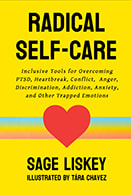


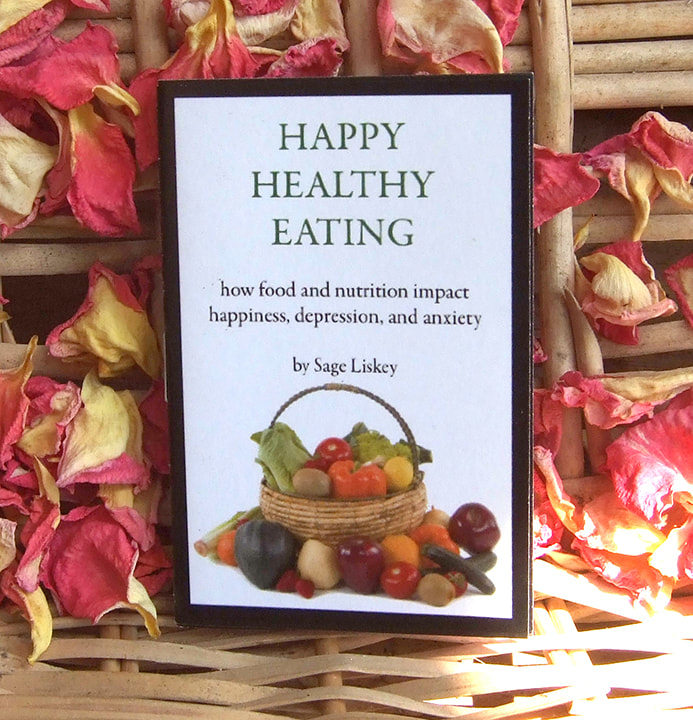
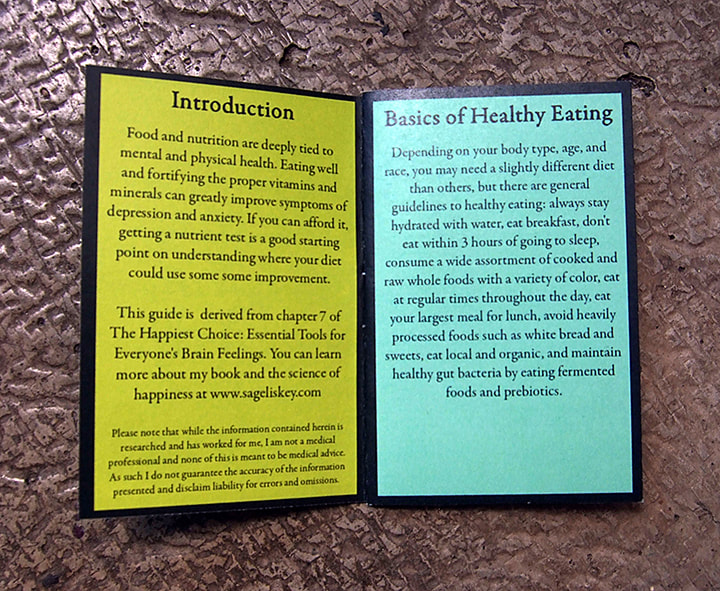
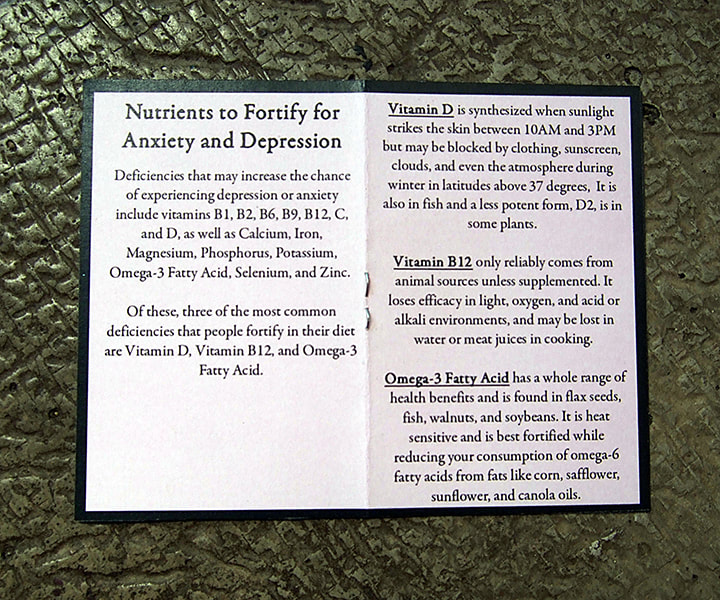
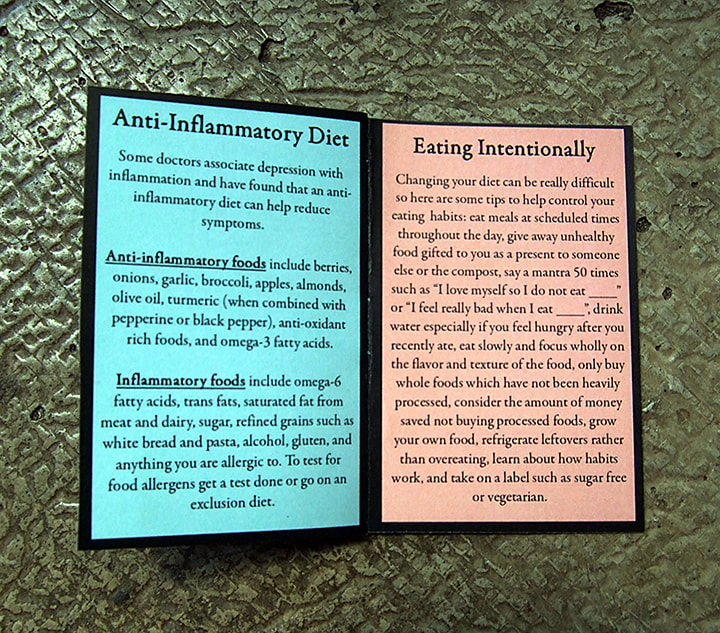

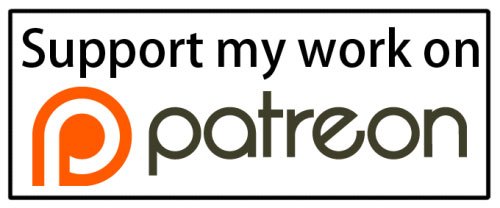


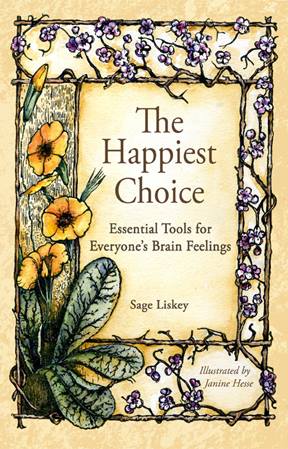

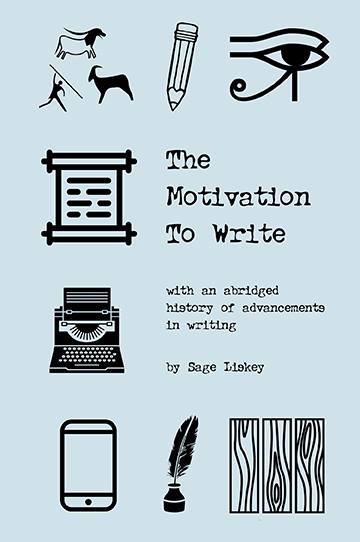
 RSS Feed
RSS Feed